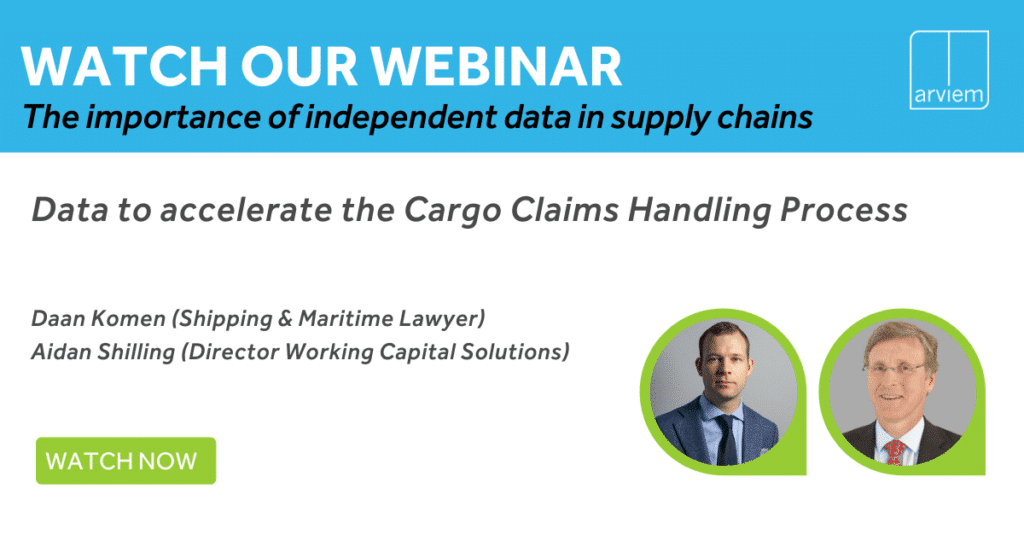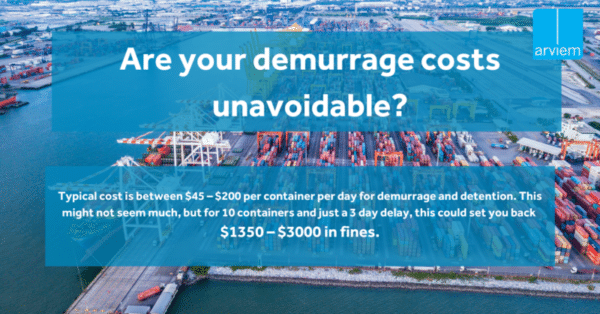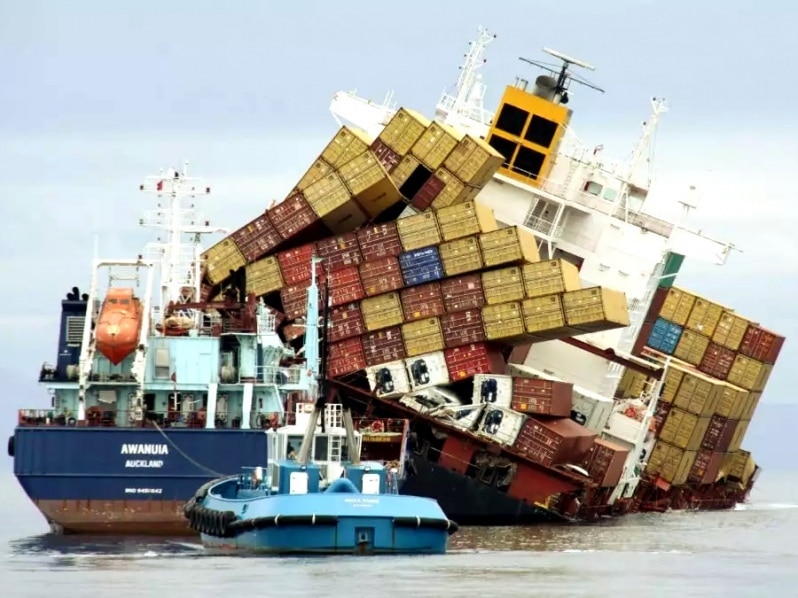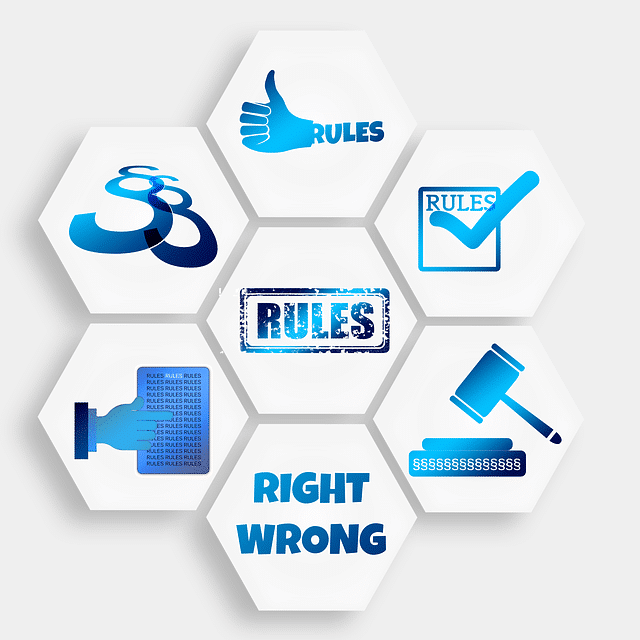Claiming cargo losses or damage gets more and more overwhelming every year. Cargo owners who has suffered any type of cargo damage while the cargo was in transit are in principle eligible for compensation for the losses incurred. Claims handling, however, comes with a lot of stress, and the correct procedure needs to be followed to ensure the damages are covered well on time. Cargo claims handling is something most cargo interested parties at some point, will eventually face.
Here are the 5 most important recommendations to support your claims handling process by Daan Komen (Maritime and Transport lawyer at Caland Advocaten) discussed elaborately in our webinar titled: “The Importance of Independent Data in Container Monitoring.”
1) Collect Evidence
It can be costly and time-consuming to get evidence and pursue a claim, but it is necessary to collect all the evidence possible for speeding up the claims handling process and ensuring it’s a success. Crucial evidence is for example the backside of the bill of lading – this lists the conditions under which the carrier carries the goods. Other pieces of evidence include correct pictures showing not only the packaging or exterior of the damaged cargo but also the damaged goods or products. Additionally, any data showing the internal environment within the container, e.g., temperature, humidity, pressure, shock during the voyage, can be useful to establish the carrier’s liability. Independent cargo monitoring data allows for faster and more efficient claims management processes, reducing costs as well.
Reliable and relevant evidence is vital to prove the damages occurred while the cargo was in transit. It helps cargo owners to put themselves in a better legal position to verify that the damage occurred during the voyage.
2) Seek Assistance
If you are not experienced with handling cargo claims, seek assistance from people who are, e.g., claims handlers, transport lawyers, and/or surveyors. These are the professionals who are experienced in examining damaged cargo and the surrounding circumstances. They may spot the issues, facts, or conditions which an untrained eye may miss. Besides, external support can often assist in loss mitigation. The surveyors will summarise their findings in a report, which may form the basis for your claim for compensation from the carrier.
3) Understand the Law
Knowledge of the fundamental legal distinctions and the applicable laws and regulations is key in dealing with cargo claims. Determine which law applies, which judge is competent and the limitation and/or expiry periods of the claims process. In dealing with cargo claims, it is essential to remember that often international rules (and its liability regimes) apply to the carriage of goods by sea, such as the Hague-Visby Rules. Be sure that you understand all the acts mentioned in the rules or seek assistance in case not clear. Understanding the bill of lading, which serves as prima evidence of the terms of the contract of carriage between the carrier and the shipper, is very important. The backside of the bill of lading is essential to determine the legal position of cargo interests.
4) Identify the carrier
Identify the carrier before beginning the process of claims handling. Make sure you submit your claim to the right party. Know the circumstances when the carrier is liable/not liable to the loss of and/or damage to the goods. Also, make sure you have all the data at hand to identify the damaged shipment. The shipment identification information must include the carrier’s “Pro number,” shipper’s number, vehicle number, origin date, delivery date, cargo description, and commodity description.
5) Act Timely
In most cases, a cargo claim is subject to a time bar. If the claim request should remain unresolved after one year from the date of delivery (or intended delivery if the shipment was lost or damaged), your claim might be time barred. To prevent this, legal proceedings against the carrier must be initiated on time or the parties must agree upon an extension of the time bar.. The truth is – more the delay, fewer chances you have to obtain the settlement. The faster you act, collect evidence, and have more time to protect the time bar, the quicker is the whole process to settle cargo claims. Make sure you do an excellent job of following up with the shipping line after you submit a claim. Have a proper system and processes in place and reliable, relevant data to support every case.
Our experts say that many good claims never get sorted, just because the claimant forgot to chase the claim, or the shipping line willfully dragged the case until it became time-barred! It also happens that there is no correct data to prove the damage occurred during transit.
Make sure you do not lose the ‘cargo claim battle’ due to the failure of timely follow-up on your case.
The above recommendations were prepared by our webinar guest, Daan Komen (Maritime and Shipping lawyer at Caland Advocaten. Daan Komen is a partner at Caland Advocaten in Rotterdam, the Netherlands. He is specialized in maritime and transport law and acts amongst others on behalf of transportation companies, freight forwarders and cargo interested parties (and their insurers) regarding all kinds of claims related to cargo, attachments, and arrests. He has both extensive litigation and advice practice.
Learn more by watching our webinar recording.




